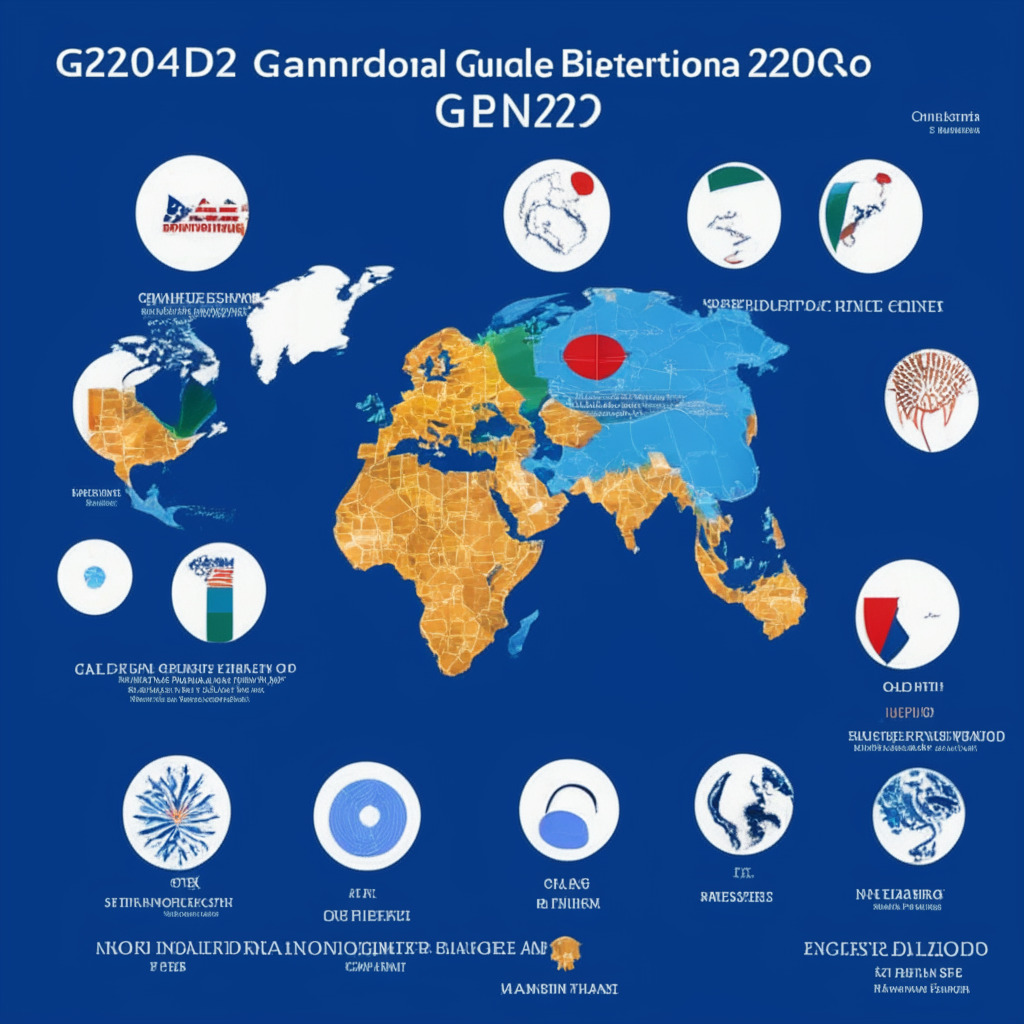A significant step forward has been observed in regulatory compliance within the blockchain industry as G20 moves ahead with the implementation of an international framework for crypto assets. Collaboration and the willingness to adapt is seen as the G20, collective of the 20 biggest economies globally, strives for speedy maturation of crypto regulations. This cross-jurisdictional framework, to be implemented in 2027, aims to facilitate information exchange between countries. At first glance, one may applaud this initiative of adapting to the evolving digital landscape; however, for crypto enthusiasts, this calls for a closer scrutinization.
The Crypto-Asset Reporting Framework (CARF), introduced by the Organization for Economic Cooperation and Development (OECD) in October 2022, serves as a tool for tax authorities to gain greater insight into crypto transactions and the identities behind them. It is seen as a milestone in ensuring compliance within the crypto industry. On the flip side, it raises concerns about the privacy of users and the fundamental tenet of decentralization blockchain technology advocates.
Under the said framework, countries will automatically exchange information related to crypto transactions annually, creating a pool of information regarding transactions in unregulated crypto exchanges and wallet providers. It stands at par with disclosure standards already welcomed by many countries. In May, the European Union approved an updated set of rules aligned with the CARF, ensuring automatic information sharing for tax purposes. This is an undeniable advancement towards regulatory compliance and user safety; however, it brings into question the privacy of users and anonymity, a cornerstone of the crypto world which attracts many of its followers.
Further endorsing recommendations from the Financial Stability Board (FSB), the proposed framework imposes similar standards on global stablecoin arrangements and activities as commercial banks, emphasizing the need for activities that can hinder the identification of participants involved to be prohibited. Undoubtedly, this seeks to improve transparency and curb fraudulent activities, but in doing so, it instills a sense of skepticism concerning privacy and hints at regulations that contradict the decentralized nature of crypto assets.
Advancements in regulatory compliance are promising for the maturation and acceptance of the crypto industry. However, they also set the stage for complex dialogues around privacy and decentralization. As this landscape continues to evolve rapidly, it’ll be interesting to see how the crypto community and regulators find common ground.
Source: Cointelegraph




